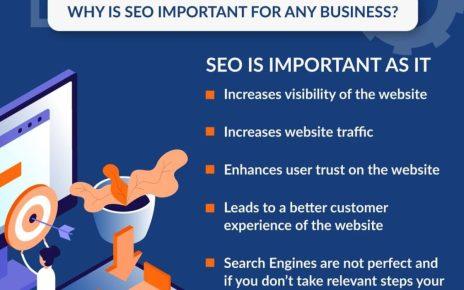In the rapidly evolving landscape of eCommerce, Amazon has emerged as a dominant force, revolutionizing the way people shop and creating countless opportunities for entrepreneurs.
The sheer scale of ” href=”https://www.zippia.com/advice/amazon-statistics/”>310 million active users worldwide and the reach of Amazon’s platform make it an attractive avenue for aspiring business owners looking to establish their presence in the digital marketplace.
Whether you’re a seasoned entrepreneur or just starting out, venturing into the world of Amazon can be a lucrative opportunity with immense potential for growth.
However, while many entrepreneurs focus on building a successful Amazon business, they often overlook an essential aspect: preparing for a potential sale in the future.

Beginners Guide on Developing and Selling Amazon Business
Just like any traditional business, an Amazon business can be sold. Therefore, when the time comes and you find yourself asking, “How can I sell my Amazon business for the highest price?” thorough preparation from the outset is paramount.
In this post, we’ll delve into the key factors you need to know before starting an Amazon business.
From understanding the rise of eCommerce and Amazon’s dominance to exploring why this platform presents a lucrative opportunity, we’ll equip you with the knowledge on how to prepare your Amazon business for success, both in the present and the future.
Understanding the Amazon Marketplace
To navigate the Amazon marketplace successfully, it’s crucial to understand its structure. There are two types of seller accounts available on Amazon:
- Individual accounts are suitable for beginners or those selling a small number of products.
- Professional accounts cater to more established businesses with larger inventories.
Choose the right product category by conducting thorough market research and assessing the competition and demand.
A careful evaluation of these factors will help you identify profitable opportunities and make informed decisions.
Legal and Financial Considerations
Before diving into your Amazon venture, ensure that you meet all legal requirements, such as registering your business and acquiring any required licenses.
Understanding tax obligations, including sales tax collection, is essential to avoiding legal complications down the road.
Additionally, setting up a separate business bank account will help you manage your finances more efficiently and maintain clear financial records.
Allocate a budget for start-up costs and ongoing expenses, considering factors such as inventory sourcing, marketing, and operational overheads.
Product Sourcing and Inventory Management
Choosing the right sourcing model is critical to your Amazon business’s success. Retail arbitrage, wholesale, and private label are popular options.
Research potential suppliers and evaluate the quality and reliability of their products.
Maintaining efficient inventory management is essential in order to prevent both stockouts and overstocking.
Implement strategies to monitor and forecast demand, ensuring that you have the right quantity of products available at all times.
Develop processes to handle returns and provide exceptional customer service.
Creating an Effective Product Listing and Pricing Strategies for Profit
Crafting an optimized product listing is essential for maximizing sales and visibility on Amazon.
Capture attention with compelling product titles, bullet points, and descriptions that emphasize key features and benefits.
Invest in high-quality visuals, such as images and videos, to attract customers and establish trust.
Implement search engine optimization (SEO) techniques to improve your listing’s visibility in search results.
Encourage customer reviews and feedback to enhance credibility and drive more sales.
Simultaneously, accurate cost calculations are crucial for determining a profitable selling price. Consider sourcing costs, packaging, shipping, and Amazon’s fees.
In addition, monitor market conditions and adjust prices to remain competitive.
Marketing and Promoting Your Amazon Business
While Amazon offers a vast customer base, you should still invest in marketing efforts to stand out from the competition.
Amazon PPC advertising and sponsored product campaigns can help increase your product’s visibility and drive targeted traffic.
Building an external presence through social media and content marketing can also attract customers to your Amazon listings.
Utilize Amazon’s marketing tools and promotions to create buzz around your products. Positive customer reviews and ratings play a pivotal role in boosting your sales, so actively encourage customers to leave feedback.
Fulfillment and Shipping Options
Amazon provides two primary fulfillment options: Fulfillment by Amazon (FBA) and Fulfillment by Merchant (FBM).
FBA allows Amazon to handle storage, packaging, and shipping on your behalf, while FBM requires you to handle these aspects independently.
Evaluate the pros and cons of each option based on your business needs, product characteristics, and customer expectations.
Efficiently managing inventory storage and shipment logistics is crucial to ensuring timely deliveries and customer satisfaction.
Pay attention to packaging and labeling guidelines to meet Amazon’s requirements and minimize potential issues.
Final Thoughts
In the vast and competitive world of Amazon, success hinges on careful planning and execution.
By considering a few essential factors, you can pave the path to a thriving Amazon business.
So seize the opportunity, equip yourself with knowledge, and embark on your Amazon journey with confidence and determination.












